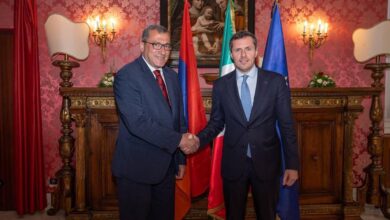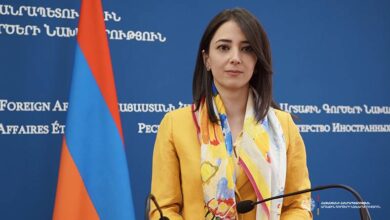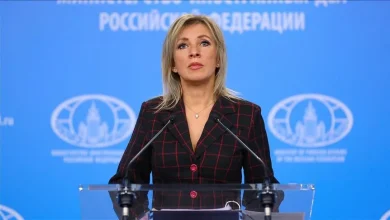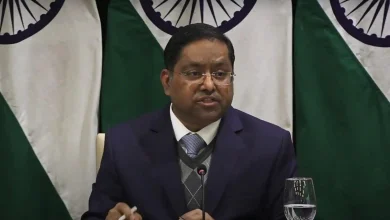Chairman Ed Royce to speak at hearing on Turkish democracy
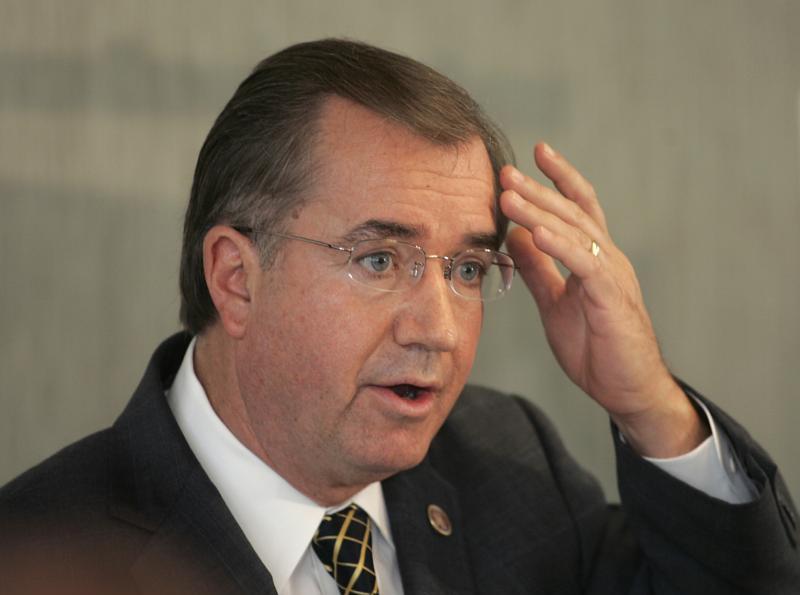
On Tuesday, U.S. Rep. Ed Royce (R-CA), Chairman of the House Foreign Affairs Committee, will deliver an opening statement at a subcommittee hearing, entitled “The Future of Turkish Democracy,” Asbarez reports.
Earlier this year, Chairman Royce and Rep. Eliot Engel (D-NY), Ranking Member of the Committee, introduced the Turkey Christian Churches Accountability Act (H.R. 4347). The legislation, which passed the Committee last month, requires an annual report from the State Department on the status of stolen, confiscated or unreturned Christian properties in territories controlled by Turkey.
Below is Chairman Royce’s opening statement as prepared for delivery at the hearing:
Although it is an overwhelmingly Muslim country, Turkey, as well as being a NATO ally, has long been a secular democracy.
However, I am very concerned by recent events that indicate a shift by Prime Minister Erdogan away from democratic ideals and reverting to more authoritarian rule.
He has reportedly stated that, “Democracy is like a bus ride. Once I get to my stop, I am getting off.”
He appears to be putting those words into action, and has consistently chosen to use strong-arm tactics against opponents.
This approach was clearly demonstrated in his response to the 2013 peaceful protests in Gezi Park, which he regarded as an illegitimate challenge, resorting to violence to disperse the crowds. A key target was the media, with 153 journalists injured and 39 detained by the police.
Under his government, free speech has been under increasing repression.
Reporters Without Borders noted in their 2014 report on Press Freedom in the World that:
“Around 60 journalists were in detention at the end of 2013, including at least 28 held in connection with their work, making Turkey one of the world’s biggest prisons for media personnel.”
In reaction to comments last year on Twitter regarding a corruption investigation involving his AKP party, Erdogan’s immediate response was to vilify Twitter, stating, “There is now a menace which is called Twitter…To me, social media is the worst menace to society.”
A few days later he moved to block all access to the site, and followed shortly thereafter by banning access to YouTube.
Freedom of religion is also threatened.
According to the 2014 United States Commission on International Religious Freedom report, “Politically, religious freedom abuses are linked with the absence of democracy and the presence of abuses of other human rights, such as freedom of expression, association and assembly.”
Religious minorities in Turkey suffer under strict controls governing their affairs, including their ability to choose their own church leaders, manage and raise funds, own property and even access to their historic sites of worship.
The continued closure of the Orthodox Church’s Halki Theological Seminary by the Turkish government presents a fundamental threat to the Ecumenical Patriarchate
Despite optimistic claims by Turkish leaders in 2011 that the revised Foundations Law would allow all church properties to be returned within a year, the majority of properties remain confiscated.
In many cases, the situation has actually gotten worse. Instead of returning them to their rightful owners, the Turkish Directorate General of Foundations approved the conversion of two Byzantine Orthodox Churches previously expropriated by the Turkish government into mosques, and there is even legislation before the Turkish Parliament to likewise convert the Hagia Sophia church in Istanbul.
Many believe these actions constitute a move to eradicate the presence of the Christian heritage in Turkey since it first arrived there almost 2,000 years ago.
That is why I am pleased that a few weeks ago the Committee passed my bill, HR 4347, which will not only call on Turkey to return these properties but also enact a report requirement to hold Turkish leaders accountable for progress on this issue.
By committing ourselves to acting on such legislative measures, and by holding hearings on the situation in Turkey, it is my hope that Congress will send a clear message that the Turkish government must renew its commitment to democracy and the basic human rights for all of its people.
This would be the foundation for a closer U.S.-Turkey relationship.


